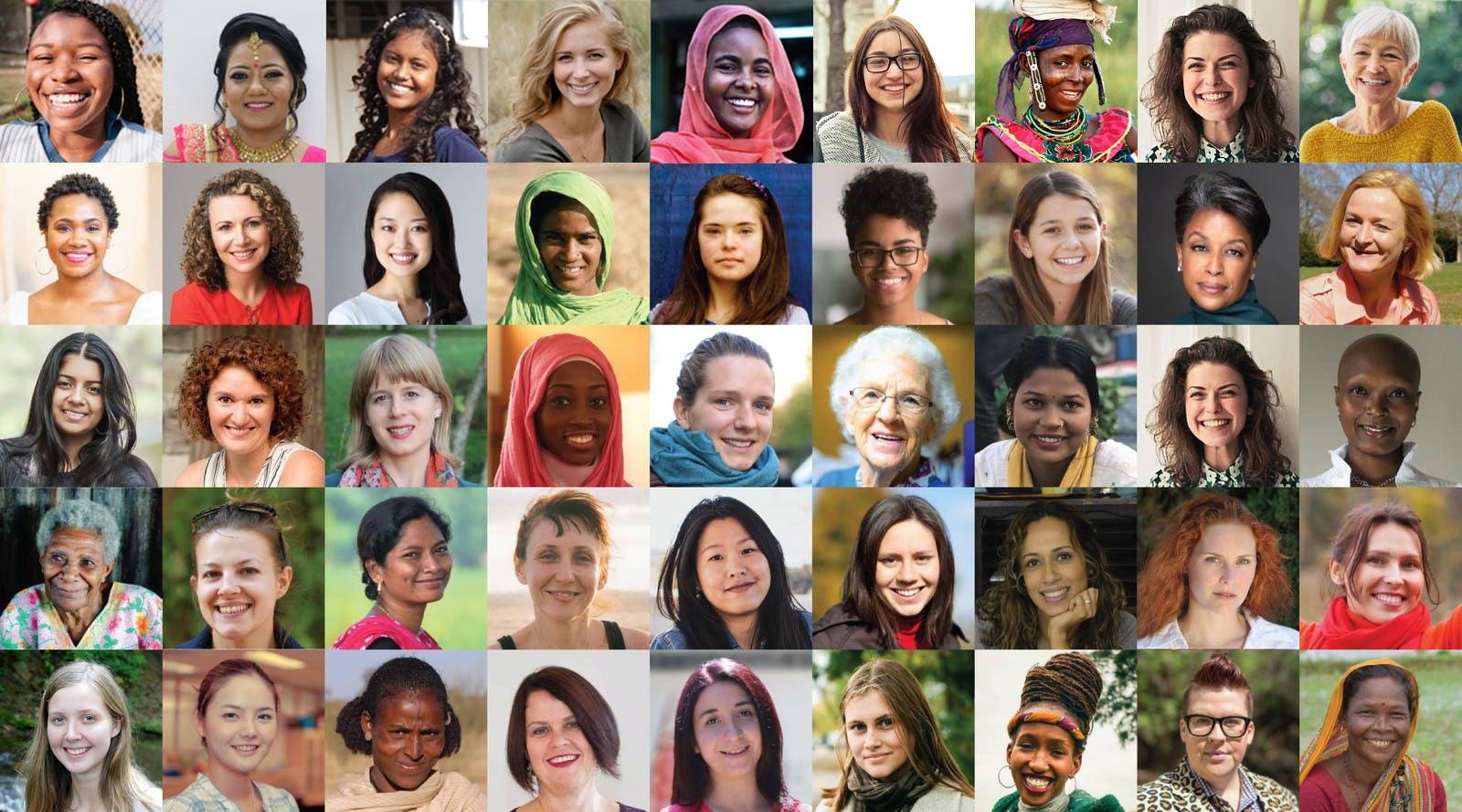Protecting Cheetahs by Enhancing Pastoral Women’s Livelihoods in Somaliland
| Category | Protect |
The world’s fastest land animal, the sleek and long-legged cheetah, Acinonyx jubatus, is losing its race for survival. Today, cheetahs inhabit just 9% of their historical range, and their current habitat is highly fragmented.
This decline and fragmentation have been drastic and rapid due to habitat loss, a decrease in prey populations, the illegal wildlife trade, and human conflict.
Essential to preventing human-cheetah conflict are the women and girls in this region, as they are the primary caretakers of livestock.
This project from the Cheetah Conservation Fund (CCF) will educate pastoral women in Somaliland on predator management so that humans, their livestock, and cheetahs can coexist peacefully.
Training women in predator management
Support for this project will help train pastoral women and girls on predator-friendly herd management techniques, such as ensuring that calves are kept with the herd and not allowed to graze on their own. It will also teach predator identification and wildlife behavior pattern according to species.
The CCF staff, which includes one educator and one translator, will conduct four training workshops in Geed-Deeble and nearby villages in the region. Each workshop will formally target 25 women and girls to be trained during the project.
The expected outcome will be 100 girls and women trained with a goal to achieve a 90% positive perception of coexistence with predators and a 30% decrease in livestock predation.
Empowering women as leaders
Pastoral women in Somaliland play a crucial role in conservation, resource management, cultural activities, and socioeconomic activities, ensuring their households’ basic needs are met. Yet, their value to their communities is not always recognized.
By receiving knowledge and skills about integrated livestock and predator management, they can become recognized leaders in their communities as they spread their knowledge.
Participating women will have enhanced confidence and the ability to tap other sources of diversified livelihood and take advantage of other economic opportunities.
Community-centered cheetah conservation
Founded by Dr. Laurie Marker, CCF is internationally recognized for its dedication to the conservation of cheetahs and their ecosystems. CCF works with local communities to develop best practices in research, education, and land use to benefit all species, including people.
CCF develops and delivers holistic, scalable, and successful conservation programs for African cheetahs through habitat restoration and addressing the illegal wildlife trade. It seeks to support the wild cheetah populations remaining in the Horn of Africa by directly investing in rural communities and making its extensive knowledge, resources, and contacts available to governments working to sustain their countries’ cheetah populations.
A safe haven for cheetahs
In Somaliland, the CCF has already developed a partnership with the Ministry of Environment and Climate Change to stop the illegal trade in cheetah cubs and mitigate human-wildlife conflict. The Ministry has allocated almost 5,000 hectares of land to CCF in and around Geed-Deeble to create a cheetah and wildlife reserve named the Cheetah Rescue and Conservation Centre (CRCC).
The government’s long-term plan is to incorporate the CRCC into a larger national park. The park and reserve will restore and protect wildlife habitat, including forested areas for many local wildlife species such as baboon, black-backed jackal, dik-dik, gerenuk, ground squirrel, hare, mongoose, porcupine, leopard tortoise, and warthog.
Creating a ripple effect of conservation knowledge
Since the proposed reserve and park will encompass rural, mainly pastoralist communities, it is of the utmost importance to raise awareness about the benefits of restoring wildlife habitats and co-existing with predators.
The vision of this women’s project is to promote environmental and economic sustainability through a ripple effect, where participants spread knowledge and resources to other pastoralists who did not attend the workshops.
This framework will create community empowerment as stewards of the land for their economic benefit and for protecting the wildlife and habitat in the park and general region.
By supporting women and girls in enhancing their livestock care through predator management, CCF hopes cheetahs can make a speedy recovery, benefiting the ecosystem and all who call Africa home.
View more projects supported by Daughters.

.jpg?auto=compress%2Cformat)
